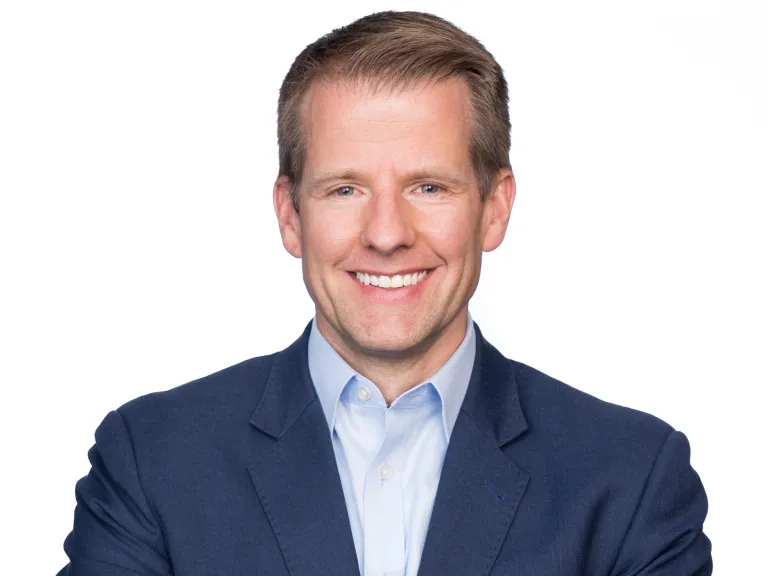Advocate Spotlight: Clay Alspach, JD

This month, as part of our Advocate Spotlight series, we are highlighting Clay Alspach, JD, the Cancer Policy Institute's newest policy advisor. Read on to learn more about Clay, his background in health policy, and his advice for others who are interested in becoming a cancer advocate.
Tell us a little bit about yourself and your background in cancer advocacy and policy.
I work at Leavitt Partners specializing in federal health care policy and advocacy related to the Food and Drug Administration (FDA), Medicare, Medicaid, private health insurance, digital health, public health, and pandemic preparedness.
Before joining Leavitt Partners, I served as Chief Health Counsel for Chairman Fred Upton of the U.S. House of Representatives Energy and Commerce Committee. There I had a chance to spearhead a number of bipartisan laws, including the 2012 FDA user reauthorization [the FDA Safety and Innovation Act], Medicare reform and modernization [the Medicare Access and CHIP Reauthorization Act], and the 21st Century Cures Act, which advanced medical research and fostered a new era of medical innovations.
In my current position, as well as when I worked on the Hill, I have had the opportunity to work on cancer issues across the discovery, development, and delivery cycle. The work is incredibly rewarding to me because of the difference it makes for patients and families who have been affected by cancer, including my own. My mom recently battled breast cancer. Thankfully, because of her strength — along with an early diagnosis and the great care and support she received — she is doing great. Unfortunately, that has not been the case for other members of my family. I’ve had several family members pass away because of cancer in recent years, including my Uncle Jim, who died over the summer from pancreatic cancer. We’ve made some great advancements, but there is still much work to do.
“Too many times, when policies are being created, patients can be treated like an afterthought. We wouldn’t let that happen on our watch.”
Is there one issue you are particularly passionate about?
In order to be truly successful in our quest to improve health and health care, we have to find better ways to incorporate the patient perspective in the legislative and regulatory processes. When I was on the Hill, we were intentional about seeking patient input on legislation at the beginning of the process to ensure we knew what really mattered to them. Too many times, when policies are being created, patients can be treated like an afterthought. We wouldn’t let that happen on our watch. Further, we also wanted to ensure the patient perspective and experience were incorporated in the regulatory process. As one example, in FDASIA [the FDA Safety and Innovation Act] and 21st Century Cures, we pushed policies such as Patient-Focused Drug Development to make this happen.
What is one tip or piece of advice you’d like to share with others who are interested in becoming a cancer advocate?
Patient advocacy makes a tremendous difference. The better legislators and regulators understand an issue, the better the policies they will pursue, enact, and implement. This “better” understanding can only come from direct engagement with patient advocates and their organizations.
Tell us something fun about yourself — any hobbies, interests, or fun facts?
One of my favorite hobbies is hiking with my family. One of the silver linings of the pandemic is that it afforded us the opportunity to explore the outdoors. This included a number of trips to Shenandoah National Park, which is near our home in Northern Virginia. We also went to Great Smoky Mountains National Park in Tennessee. Later this year, we have trips planned out west to Utah and Alaska to do some exploring there too.
"Patient advocacy makes a tremendous difference. The better legislators and regulators understand an issue, the better the policies they will pursue, enact, and implement."